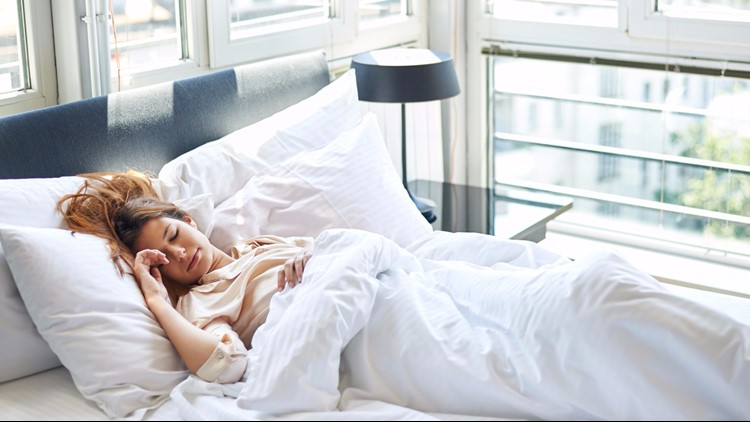Exercise. Eat better. Sleep more. Don’t worry about things you can’t control.
Those are good tips anytime, but especially during a global pandemic, said Dr. Tyler Tyler Cooper, president and CEO of Cooper Aerobics and a Cooper Clinic physician.
The venerable institution on Preston Road is in its 50th year. It was founded in 1970 by Cooper’s dad, “Father of Aerobics” Kenneth H. Cooper, and has grown into a multi-specialty practice focused on preventive health care and backed by extensive research.
In an interview with the Dallas Business Journal, Tyler Cooper shared some tips for executives and others working from home during the COVID-19 outbreak.
“Right now, it’s incredibly important for prevention of disease, for prevention of infection, to focus on those staples that we’ve been talking about for years,” Cooper said.
Here are five areas Cooper emphasized:
Fitness
“Regular physical fitness is associated with a decreased risk of the ability to acquire infection,” Cooper said.
He encourages his patients, and everybody for that matter, to maintain a regular fitness program that includes at least 30 minutes of exercise five times a week. But don’t overexercise, because that weakens resistance, he said.
Nutrition
Does an apple a day keep coronavirus away? It could help, Cooper said.
Now that people are staying home, they have more time to cook and focus on a healthy diet, Cooper said. He recommends a well-balanced diet that follows American Heart Association guidelines.
The Heart Association recommends a variety of fruit and vegetable servings every day. Dark green, deep orange, or yellow fruits and vegetables like spinach, carrots, peaches and berries are especially nutritious.
The recommendations also call for a variety of grain products every day and fish at least twice a week. Oily fish that contain omega-3 fatty acids, like tuna, salmon, mackerel and sardines, are best for heart health.
Sleep
Get your Zzzzs, Cooper says.
“It’s extremely important to be well-rested in order to fight disease,” he said. “Even if you were to get the COVID, the better shape you are in, the better chance you’ll get through it with the least amount of difficulties.”
Cooper recommends eight hours of sleep per night and no TV or reading before fading to la-la land.
“Certainly during times of stress, it's sometimes difficult to sleep,” he said. “You lie in bed awake and toss and turn.”
To fight against that, sleep in a cool, dark room, and consider trying melatonin if you’re having trouble sleeping.
Vitamins
Many people don’t get the right amount of vitamin nutrition through their regular diet, so regular supplementation is important, Cooper said.
A multivitamin will help, as will Vitamin D, which is especially good at building immunity, Cooper said. Fish oil is associated with a decrease in inflammation and would be beneficial as well, he added.
“There’s not a one size fits all on supplements, but if you’re going to try to cover the bases, a well-respected multivitamin is going to be a benefit,” he said.
De-stress
To rein in stress, focus on controlling what you can control, Cooper advises.
“You want to be aware of what’s going on in the country,” he said. “Certainly with the stimulus act and the growth of the virus, you need to be aware. But you don’t need to be obsessing all the time about things you can’t change."
"You can’t control the spread of the virus beyond yourself, you can’t change the economy, you can’t change what’s happening in the world," he added. "But what you can change is focusing on making yourself stronger.”
Keep a positive attitude and look for the silver linings in this time of crisis, Cooper said.
“It’s so seldom ever in our life that you’re going to have this much downtime,” he said. “Do something advantageous. Do that home project that you never did, or call that friend you haven’t called in a long time.”
More on WFAA:
- 5 free and easy home workouts during coronavirus outbreak
- Mental health support line launched to help Texans amid coronavirus pandemic
- Coronavirus home cleaning and disinfecting tips
- Finding peace amidst the stress: How meditation can work during COVID-19 crisis
- How are you coping with coronavirus anxiety?



